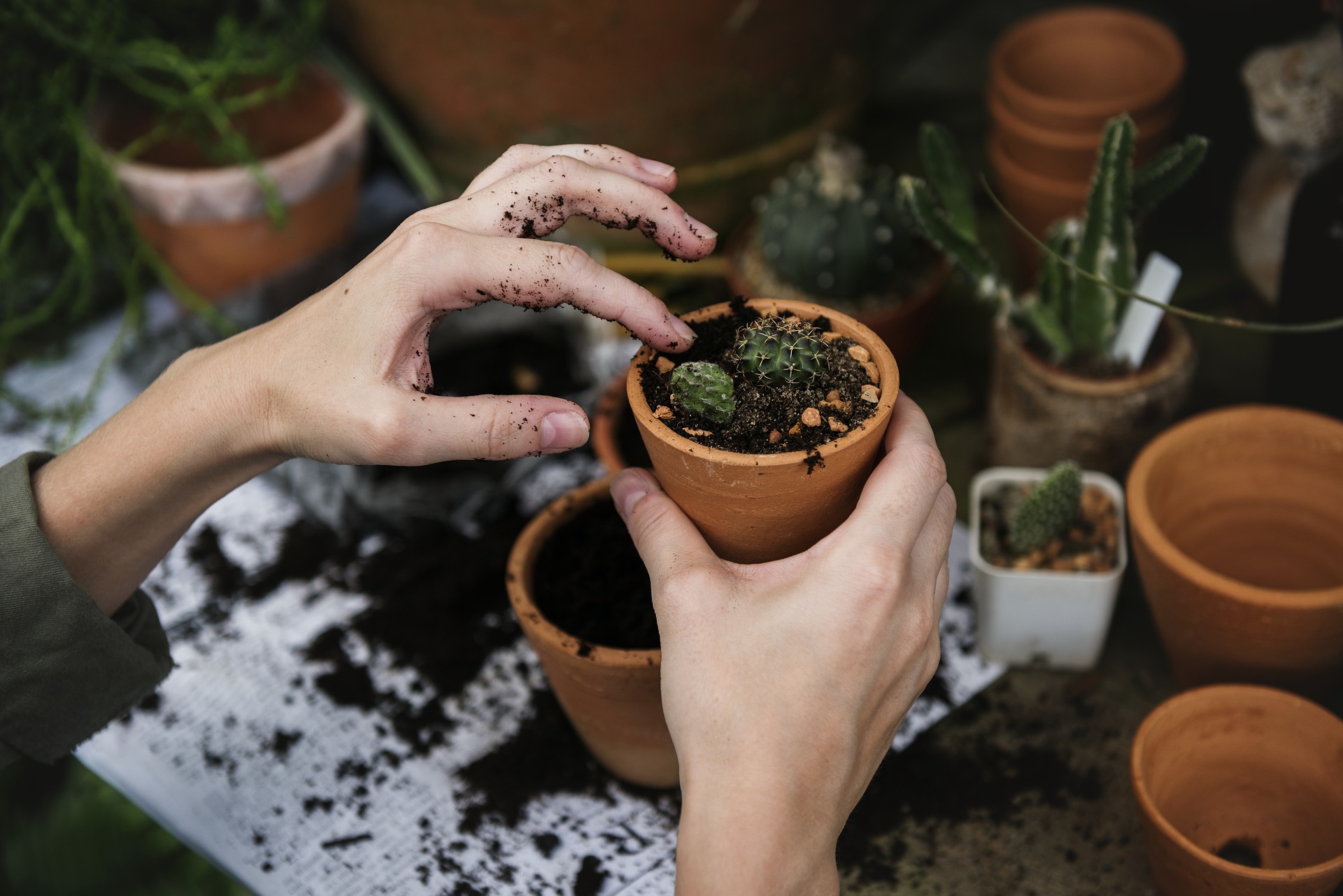Americans spend more than 90 percent of their time indoors, so it’s no surprise that 33 percent of adults are obese and that antidepressants are among the most popular drugs in the U.S. If you’ve been pondering a way to improve your physical and mental health, consider adding gardening to your list. Not only is this hands-on activity rewarding, but it’s also been proven to be beneficial for your mind, body and soul.
Burn Calories Without Thinking About It
Between digging and planting and weeding and hoeing, gardening involves copious repetitive tasks that require strength, mobility and stretching. While it can be considered relatively low-impact activity, gardening can still strengthen bones, muscles and joints without taking an exercise class or counting down the minutes on a treadmill.
Banish Stress The Natural Way
Studies indicate that gardening can promote stress relief and a decrease in cortisol — a steroid hormone that helps the body respond to stress and regulate the metabolism. There’s a link between an increase in cortisol and weight gain, which is why it’s important to manage both. As an added bonus, gardening forces you to be exposed to sunlight. This enables you to soak up vitamin D, which has numerous benefits to include a stronger immune system and encouraging strong bones and teeth. Gardening also has a meditative effect because it’s a focused and repetitive activity. Many individuals find clarity and moments of peace in a garden environment — even a small patch of grass in their backyard.
Receive A Cognitive Boost
An alternative to brain teaser crossword puzzles, studies show that gardening can improve sleep, agitation and cognition in dementia patients — to include helping them learn new skills and recover lost ones. The reasoning behind this data is that gardens can provide a safe environment for exercise, reflection and social interaction while increasing sensory stimulation. A structured space such as a well-manicured garden can also have a positive effect on disorientation.
Eat Like You’re Supposed To
Individuals and families who are involved in a gardening project are more apt to consume a greater amount of fruits and vegetables than individuals who do not. As if that wasn’t enough motivation, edible gardens are currently a hot horticultural trend, so there are plenty of ways to add one to your yard without being an eyesore to your neighbor:
- Save money and grow your own baby and gourmet greens. Each time you snip some for a salad, they’ll regenerate. Simply sew seeds thickly in mixed planters or window boxes. Just make sure to keep the greens moist and sew a different batch of seeds (e.g. arugula one week, kale another) for the sake of variety.
- Grow herbs, but harvest half and let the rest bloom naturally — this attracts pollinators that are beneficial to the rest of your garden. Herbs grow well in mixed planters, or as edging/borders throughout the rest of your landscape.
- Who doesn’t love a tomato? When purchasing a plant, make sure you do your homework and consider how much space you have; some mature plants can have vines as long as 7 to 8 feet.
- While pole beans require support, bush beans can be grown in a smaller and more compact space, to include a container or planting bed.
- Berries can be extremely expensive at the grocery store and don’t necessarily have a long shelf life. Grow your own berry bush in an area such as a property line or low hedge where you might want additional privacy.
Becoming one with nature has more benefits than you may have realized. While growing your own food is beneficial to your wallet, you’ll save even more money if your physical and mental health is in check. Don’t dismiss the power of this ancient pastime, as the benefits haven’t changed over the years.
Photo Credit: Pixabay
